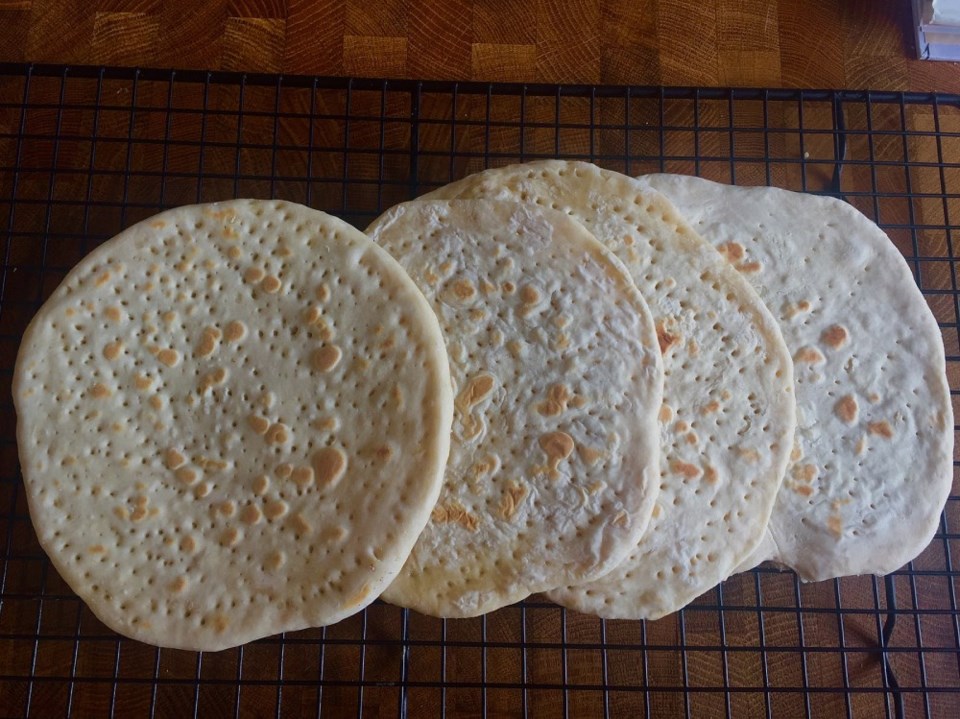The festival of Passover (Pesach) begins on April 5 and tells the story of the Exodus. The Exodus narrative is an archetype for all liberation, both personal and collective. Bible stories are real stories that are relevant; they are not history lessons. The Haggadah (the guide for the Passover seder) teaches that each participant must see themself as if they were liberated from slavery in Mitzrayim (Hebrew for Egypt, literally the “Place of Stuckness”).
The Haggadah instructs, “May all who are hungry come and eat; may all who are in need have Pesach.” In other words: if you know what you hunger for, come eat. If you are in need or sensing deep lack and do not know what to fill it with, have Pesach. In Hebrew/ Aramaic, this is a play on words for “deep dialogue.” If you feel hunger that is not for food and you try to fill it with all sorts of stuff, you will not feel satisfied and, this can lead you into “stuckness.”
Collectively many humans are still enslaved, there is human trafficking, blatant exploitation and oppression. Individually, many of us experience a psycho/spiritual “stuckness.” This “stuckness” manifests when we base our existence on subjective influences and perceived needs, when we erroneously believe that the quality of our lives is conditional and external. This thinking leads to manipulation and fear. Dependence on externality is antithetical to self-liberation. Psycho/spiritual freedom begins when we connect with our internal soul power which is not dependent on outside sources or influences. Self-liberation begins with understanding that personal freedom is an internal state of being.
At Passover, we rid our lives of leavening and only eat matzah. Leavening is what makes bread rise, and this fluffing up symbolizes our ego. Egoism is fed by self-interest that entraps and enslaves us. The 12-Step recovery community understands ego as an acronym for “Edging God Out.” Pesach calls us to back to authenticity.
As we prepare for our spring cleaning, I invite all of us to embark on a psycho/emotional spiritual inventory and cleanse. This inventory can begin with the following questions: What is my relationship with materialism? Am I filling an internal void with items that I do not need? What is my relationship with food or substances like alcohol or cannabis? Am I trying to fill an internal void with relationships? Am I using relationships and intimacy in ways that are objectifying? Does my worldview contain ideologies that limit my imagination or intellect? Do I ascribe to ideologies that insist others are wrong for me to be right? What is my relationship with spirituality? Do I use the realm of Spirit as a commodity? Do I practice false piety, like toxic positivity, to boost my own ego?
If you sense an internal void or lack, it is time for deep dialogue with others or perhaps with a therapist or counsellor. If you understand the whole Exodus narrative as a cast of internal characters, you can ask questions about those characters: What is the role of Pharaoh? What are Pharaoh’s destructive messages that course through your thoughts? Remember you have Moses, the courageous, wise liberator; and Aaron, Moses’ brother and the voice that seeks shalom, wholeness. You have Miriam the protective, wise, and loyal big sister. You also have your own internal authentic soul that is yearning for all of you to be free. None of us are truly free until we are all free, so let’s work on liberating ourselves now so we can work towards ending all exploitation and oppression.
Rabbi Harry Brechner is Rabbi of Congregation of Emanu-El in Victoria, sa���ʴ�ý
You can read more articles on our interfaith blog, Spiritually Speaking, at /blogs/spiritually-speaking
* This article was published in the pront edition of the sa���ʴ�ý on Saturday, April 1st 2023



